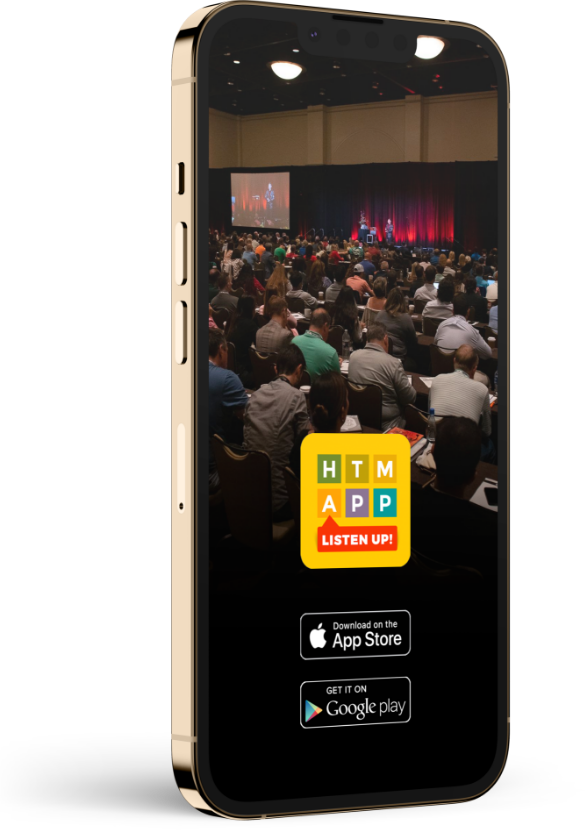COULD YOU BE MORE SUCCESSFUL IF YOU WEREN’T AFRAID?
If you weren’t afraid of looking stupid, would you take some risks and try to market your practice differently than all of your competitors? Imagine a marketing plan with your current budget but no fear. What would it include? Outrageous ads? Entertaining seminars for prospective clients? Wild parties for prospective referral sources? Articles in which you take unpopular positions? Meetings with people who could refer business to you…should refer business to you, but might just toss you out on your ear instead?
These are not intended to be rhetorical questions. I am genuninely interested in getting a discussion going about what we would all do to make it rain if you weren’t afraid.
From my experience it seems that for most would-be rainmakers the biggest fear that holds them back from earning more money is that it may actually work, and then they’d have to get out of their comfort zone. But that’s a false sense of security. Because staying in your comfort zone really isn’t an option anymore.
The world is changing faster & faster. And if you stand still, your comfort zone will change & leave you all by yourself. Housing prices keep rising & the neighborhood you can afford today will squeeze you out unless you keep up. Children are born & get more expensive so the level of income you are satisfied with today soon won’t be enough to meet your basic needs. And alas, our bodies grow older requiring more rest & more care so the current pace you are comfortable with, will sooner than later require more energy than you can comfortably exert.
So if the world is changing, I ask what are you doing to keep up?

